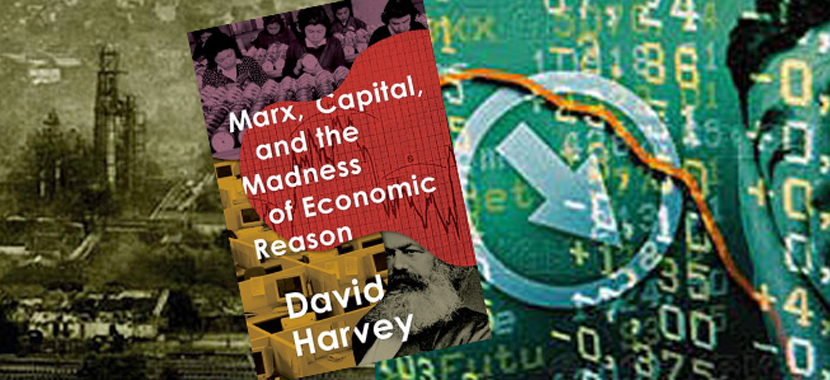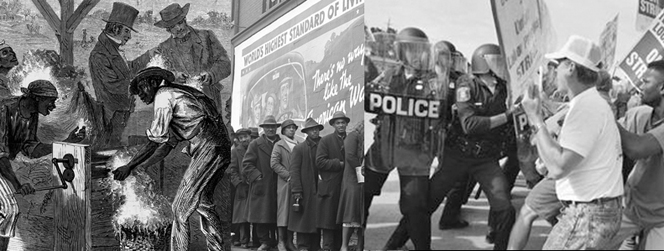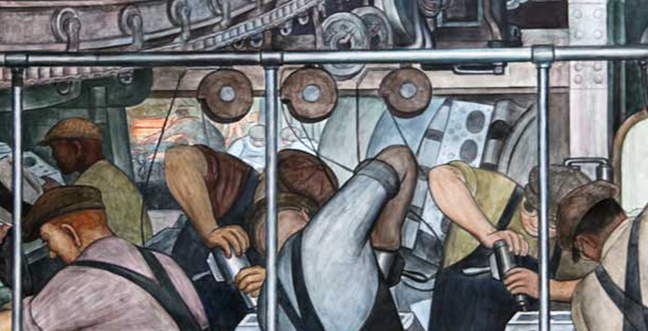Marx, Capital, and the Madness of Economic Reason, Part 2
From the book: “…a potential tendency for capital in searching to maximise its monetary profit to be drawn to invest in areas that produce no value or surplus value at all. Taken to extremes, either of these tendencies [the first being the problem of technology reducing value creation] could be fatal to the reproduction of capital. In combination, and the contemporary evidence is that both trends are discernible, they could be catastrophic” (Marx, Capital, and the Madness of Economic Reason, David Harvey, Oxford University Press, p.105).







